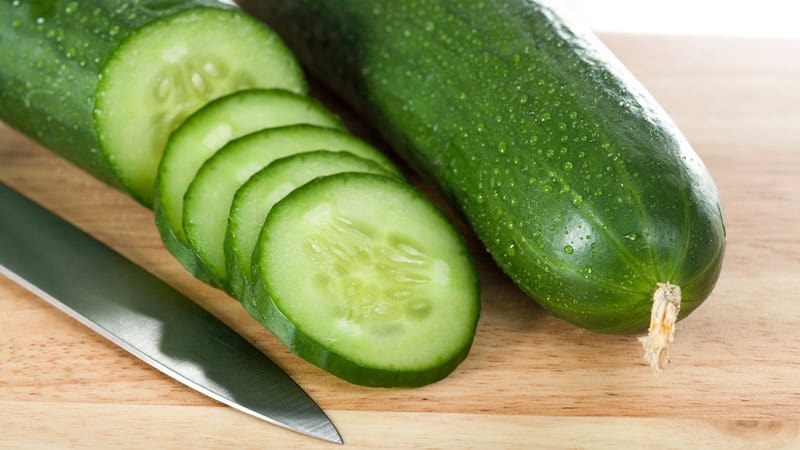Health: 4 Ways to Boost Energy Without Caffeine
Keep yourself going – no coffee required!

An overwhelming (if unsurprising) 84% of Americans report feeling sleepy during the day at least once a week, according to a recent poll by the National Sleep Foundation.
Not getting enough shut-eye is one problem, of course. But our fast-paced, high-stress lifestyles, less-than-ideal eating habits and other choices can also leave us feeling wiped; so says Robert Kushner, M.D., medical director of the Center for Lifestyle Medicine at Northwestern Medicine in Chicago. If you’re dragging, these moves could give you the boost you need.
1. Nosh on kiwi
Yep, kiwi. Snacking on two of these fruits an hour before bedtime may help you sleep better. According to a review published in Advances in Nutrition, this nighttime habit led to about 35 more minutes of restful sleep. The sleep-promoting benefit may be related to the fruit’s high concentration of serotonin — a precursor for the hormone melatonin, which controls your sleep-wake cycle. Though more research is needed, you can easily take a try-and-see approach by making this part of your nighttime ritual, though Kushner recommends leaving some time for digestion.
2. Win with water
Turns out getting enough H2O is an excellent way to increase your energy. A study published in Nutrition Reviews found that being dehydrated was consistently linked with worse mood, greater feelings of fatigue and decreased alertness. When you don’t get the water your body needs, it has to work harder to adapt to the shortage, which can grind energy levels down, says Kushner. There’s no hard-and-fast amount of water you need to drink (you also get fluid through your food), but aim to consume enough that when you go to the bathroom your urine looks almost clear.
3. Get some fresh air
When you’re feeling sluggish, a quick stroll outside instead of over to the coffee machine may be the better bet. A much-cited study published in the Journal of Environmental Psychology found that spending just 20 minutes outdoors increased people’s feelings of vitality — and the energy bump wasn’t just from the exercise, but also simply from being in nature. “Going outside and getting a change of scenery is restorative to both the body and mind,” says Kushner. If you can’t head outdoors, he recommends bringing the outside in: “Many people feel better when they have sunlight coming into their work or living space.”
4. Iron it out
You may know that being anemic can leave you feeling fatigued, but even slightly low iron levels could be exhausting, a meta-analysis published in the British Journal of Nutrition found. If you’re constantly tired but are getting adequate sleep, talk to your doctor about having your blood iron levels checked. If yours are low, your doctor may suggest a supplement. And aim to get plenty of the mineral in your diet (around 8 mg daily for adult men, 18 mg for women). Animal sources, like lean beef, are more readily used by the body. But consuming a food rich in vitamin C along with plant sources of iron can increase absorption.
For more wellness tips, visit our health page!
EatingWell is a magazine and website devoted to healthy eating as a way of life. Online at www.eatingwell.com.
©2020 Eating Well, Inc. Distributed by Tribune Content Agency, LLC.


